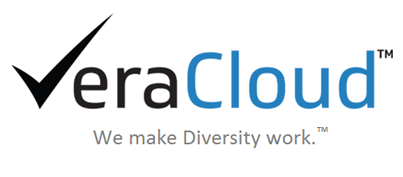The $1Billion Clean Energy Fund recently announced by Bill Gates is a great example of the private sector leaning in to solve public sector problems in market-based, economically effective, and sustainable ways. These problems are often fueled by the best-intentioned public policy not having the teeth or the tools to achieve robust and impactful implementation.
A related article this week from Harvard Business Review further details rapidly growing private sector interest in finding profitable, market-based solutions to solve some of the public sector's most challenging problems while simultaneously 'doing the right thing':
More Evidence Emerged in 2016 That Economies Can Grow Without Increasing Carbon Emissions
So far this century, more than 20 large countries, as well as 33 U.S. states, have “decoupled” GDP growth from GHGs. One energy hog, the IT sector, has managed to level off energy use in data centers. There’s serious talk again about “peak oil” — not of supply, but of demand.
We’re seeing a fundamental shift in our relationship with energy for many reasons, including the improving economics of efficiency and clean tech (see #5). But companies are also getting more systematic, strategic, and fun — yes fun — in slashing energy. More organizations are using some old tools like “treasure hunts” and reimagining them as “energy marathons” (26.2 days of innovation). Others are competing to slash energy use — see Hilton and Whole Foods energy teams go head-to-head in a streaming reality show.
So, what now? VeraCloud looks to the vast opportunities ahead for #cleantech #civictech #govtech to fuel the implementation of progressive public policy to achieve the impact we expect and demand from the public sector stewards of #diversity #access # inclusion #environment for this and future generations.

